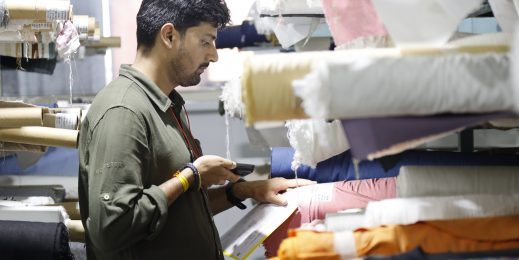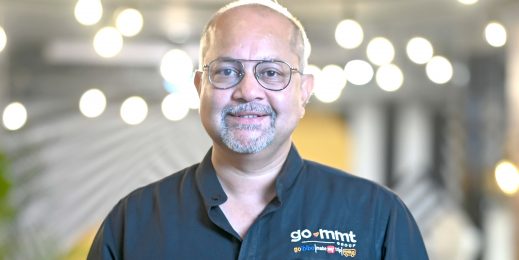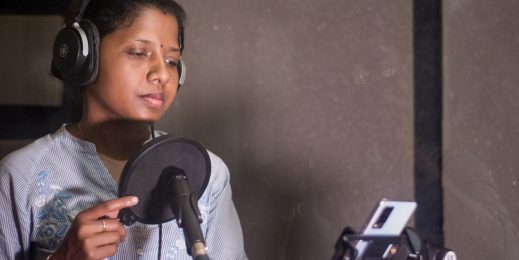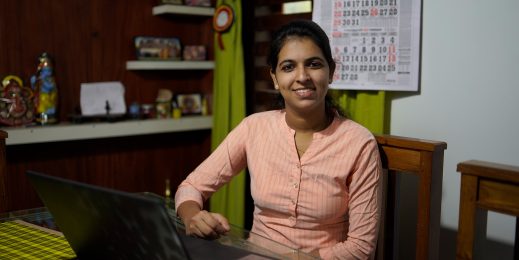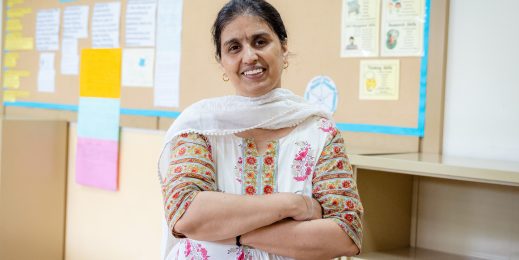
Forus Health democratizes eye care with an ‘Intelligent Edge’ in its retinal imaging devices
More than a dozen people queue up in front of a technician with an eye testing machine. The queue moves at a fast clip as the technician alternates between peering through the machine into the person’s eyes and checking his laptop’s display—the entire process takes barely a couple of minutes.
This might sound like a regular eye checkup camp, but the scene is from the Forus Health booth at Microsoft India’s AI for ALL event, where the company demonstrated Artificial Intelligence (AI) and Azure IoT integration in its 3Nethra retinal imaging device for detecting diabetic retinopathy in real-time.
According to the World Health Organization (WHO), there are 422 million people with diabetes globally, of which India is home to 19%. WHO estimates that 8.7% of the country’s population between the age group of 20 to 70 years is diabetic. One of the consequences of diabetes is diabetic retinopathy, caused by high blood sugar levels damaging the back of the eye. Almost 35% of all diabetic patients have some form of diabetic retinopathy, which if left undiagnosed and untreated, can lead to blindness.
Democratizing healthcare with AI
Microsoft AI Network for Healthcare is transforming the care continuum by democratizing AI to reduce the disease burden, assist in clinical excellence for better outcomes, and bring clinical efficiencies for better utilization of health resources. The AI network can significantly enhance quality of care across various levels of healthcare practitioners (doctors and nurses) and enable medical institutions around the world to deliver high quality care in a replicable standardized manner at lower costs, greater efficiency and predictability, anywhere and at any time.
At present, the Microsoft AI Network for Healthcare spans eyecare and cardiology in partnership with world-class health systems.
3Nethra gets an ‘Intelligent Edge’
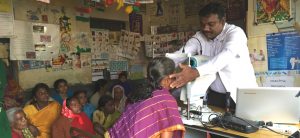 One of the biggest issues in tackling diabetic retinopathy is the lack of trained ophthalmologists in most emerging and low-income countries. In India, for instance, there are only 20,000 ophthalmologists for its population of 1.3 billion people. Another challenge is many people might not be aware that they have diabetes and early onset of diabetic retinopathy—timely detection and intervention can minimize the loss of vision as there are no solutions to reverse the condition.
One of the biggest issues in tackling diabetic retinopathy is the lack of trained ophthalmologists in most emerging and low-income countries. In India, for instance, there are only 20,000 ophthalmologists for its population of 1.3 billion people. Another challenge is many people might not be aware that they have diabetes and early onset of diabetic retinopathy—timely detection and intervention can minimize the loss of vision as there are no solutions to reverse the condition.
K. Chandrasekhar, Founder & CEO, Forus Health, wanted to tackle this problem and provide a solution that was accessible and affordable. After years of research, he introduced 3Nethra, a portable device that can screen common eye problems that can lead to blindness. Forus Health now has its retinal imaging screening devices in more than 20 countries and has already touched more than two million patients.
Microsoft is partnering with Forus Health to work on how technology could help mitigate the lack of skilled technicians and ophthalmologists, as well as provide insights to people who participate in eye checkup camps for early detection and prevention of diabetic retinopathy.
We’ve achieved this by integrating AI-based retinal imaging APIs into Forus Health’s 3Nethra devices using Microsoft Azure IoT Suite and Azure IOT Edge, which delivers the cloud intelligence locally and closer to the eye. This enables operators of 3Nethra device to get AI-powered insights even when they are working at eye checkup camps in remote areas with no or intermittent connectivity to the cloud.
AI augments human capabilities
A frequent problem in mass eyecare checkups is that the quality of images captured might not always be usable for an ophthalmologist to grade for diabetic retinopathy. In such situations, the patients are asked to come back and undergo the process again. Now with AI, the system checks the image as soon as it is clicked and prompts the technician to click another image in case it is not good enough. Now, even a minimally skilled technician can take usable images of the eye fundus.
Once usable images are captured, the system grades the images, again in real-time, and identifies if the images have diabetic retinopathy. In case a patient is found to be diabetic retinopathy positive, they are advised to consult an ophthalmologist to determine the next course of action.
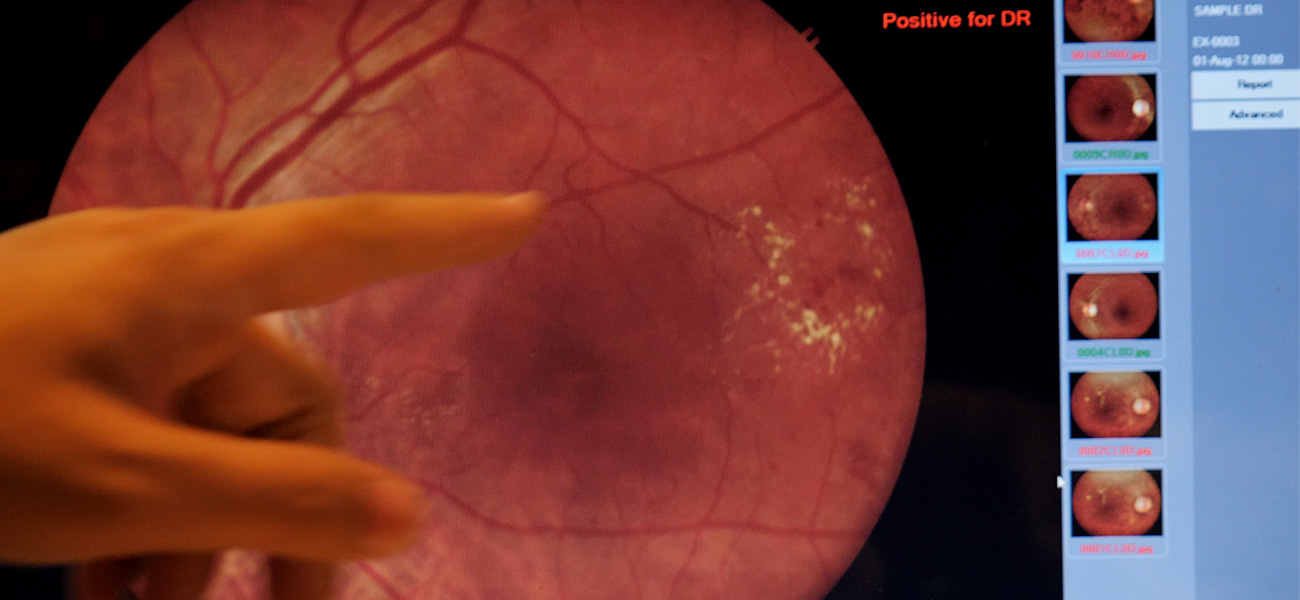
“Forus Health is excited to partner with Microsoft in providing integrated services in ophthalmology screening to the end customer using artificial intelligence. This would help in potential early identification and treatment for problems like diabetic retinopathy,” says K. Chandrasekhar, Founder & CEO, Forus Health.
This is just the beginning. The two companies are now working together for using AI to tackle other eye ailments like glaucoma and macular degeneration from eye fundus images.
“At Microsoft, we believe everyone should get access to the benefits of AI. Our partnership with Forus Health allows us to enable AI with edge devices to bring healthcare to the last mile,” adds Anil Bhansali, Corporate Vice President, Cloud & Enterprise, Managing Director, Microsoft India (R&D) Private Limited.






